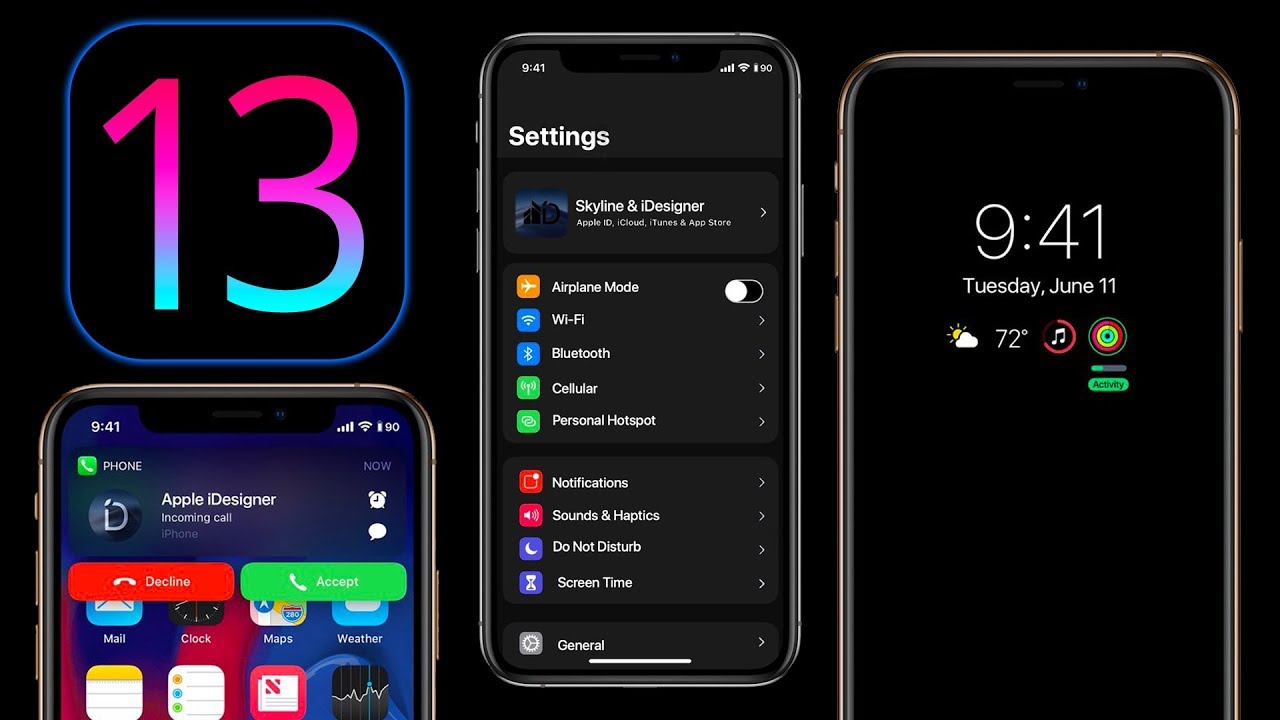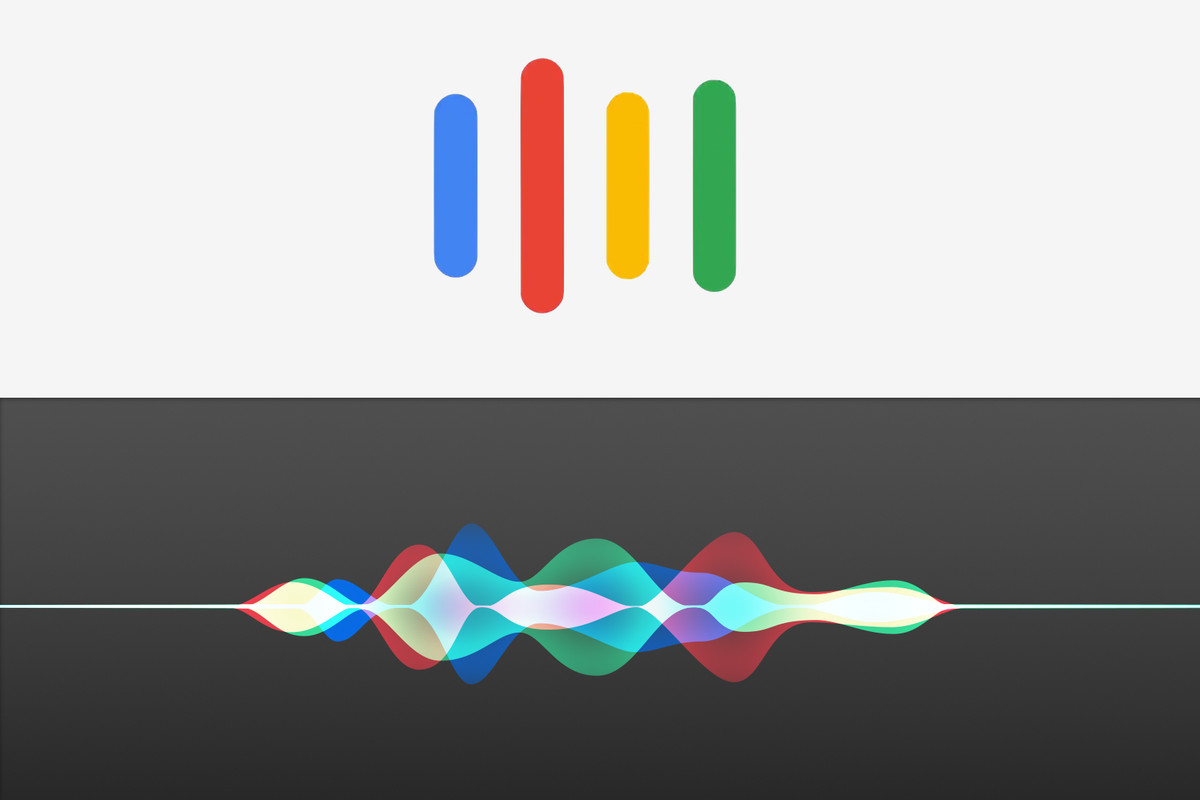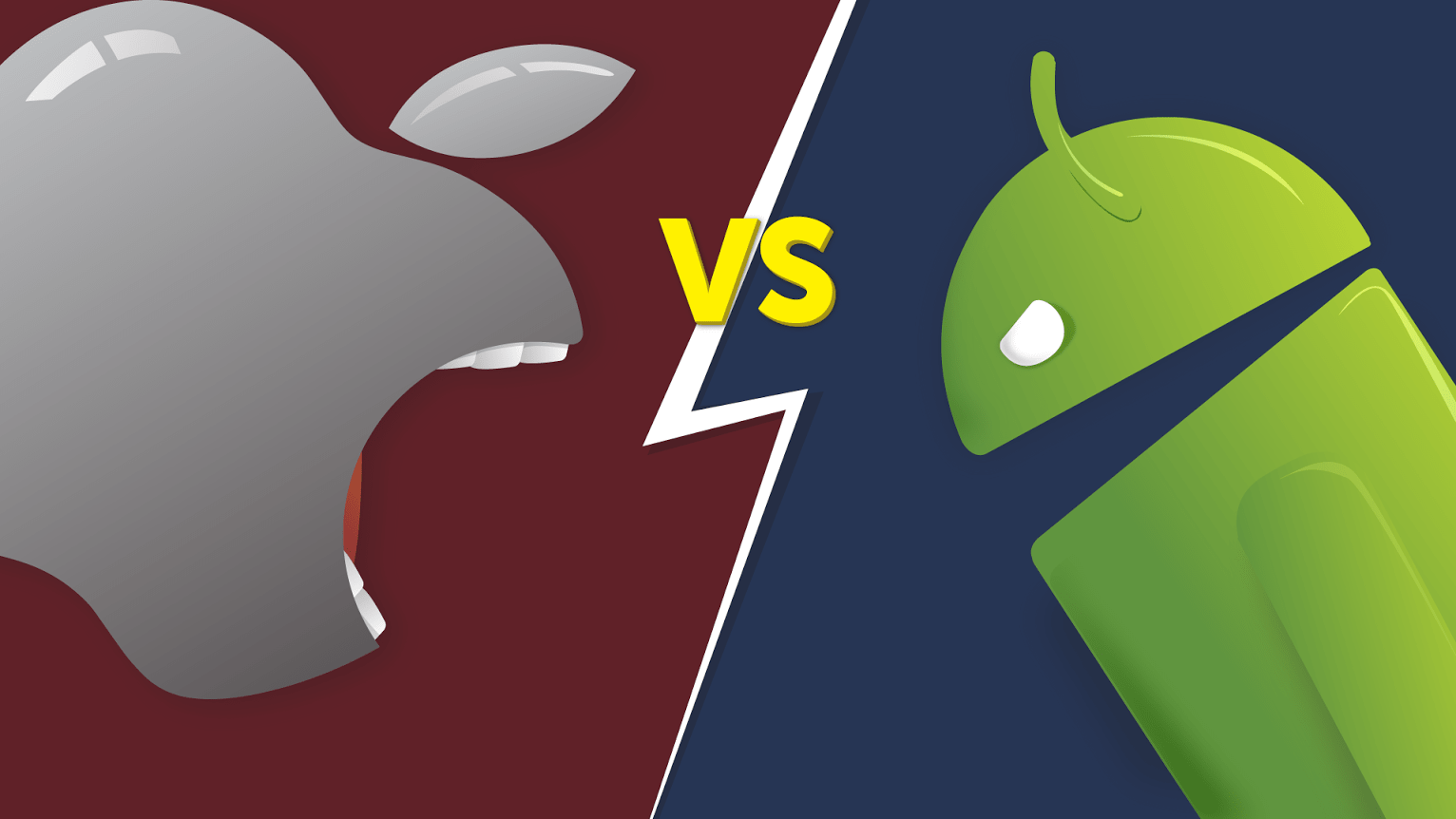A smartphone could be as powerful as the software it is running on. In the current market, iOS 13 and Android Q are the only mobile OS that comes to the mind even though Microsoft had tried to launch Windows in the past.
[fvplayer id=”1793″]
Both Google and Apple have unveiled the latest iteration of their Mobile OS. We have tried to compare the Android Q and iOS 13 based on features and functionality.
Android Q vs iOS 13: Dark Mode
Google was the first to integrate or hint towards the possible inclusion of Dark Mode in Android Q and Apple followed suit. Many tech enthusiasts claimed that Apple took this decision due to FOMO.
Interestingly, there were some custom Android skins like OxygenOS that sported the features for many versions of Android.

However, due to the tighter control of the iOS ecosystem, Apple was able to dark-ify many of its apps in the iOS 13.
Android Q vs iOS 13: User Security and Privacy
Google is known violator of User Privacy, and the company is aiming to change this with the launch of Android Q.
With Android Q, Google is offering granular control over privacy and permissions. Android Q will continuously notify the user that an App is using device permission.
Apple, on the other hand, has always taken a strong stance on user privacy and security. In iOS 13, Apple has added one more toggle to control the location permissions of apps.
Google Assistant vs Siri
Even though Apple was the one to introduce and AI Assistant on a smartphone, it has been left behind.

iOS 12 brought some updates to the Siri but iOS 13 packs a significant upgrade like the more natural sound.
However, Google Assitant is way ahead; in a report, Google confirmed that were able to make its Assistant work offline. The Search giant has also showcased a new calling feature of its AI called Google Duplex.
All these new upgrades to Android has made it a worthy competitor of iOS, which has been considered superior for a long time.










